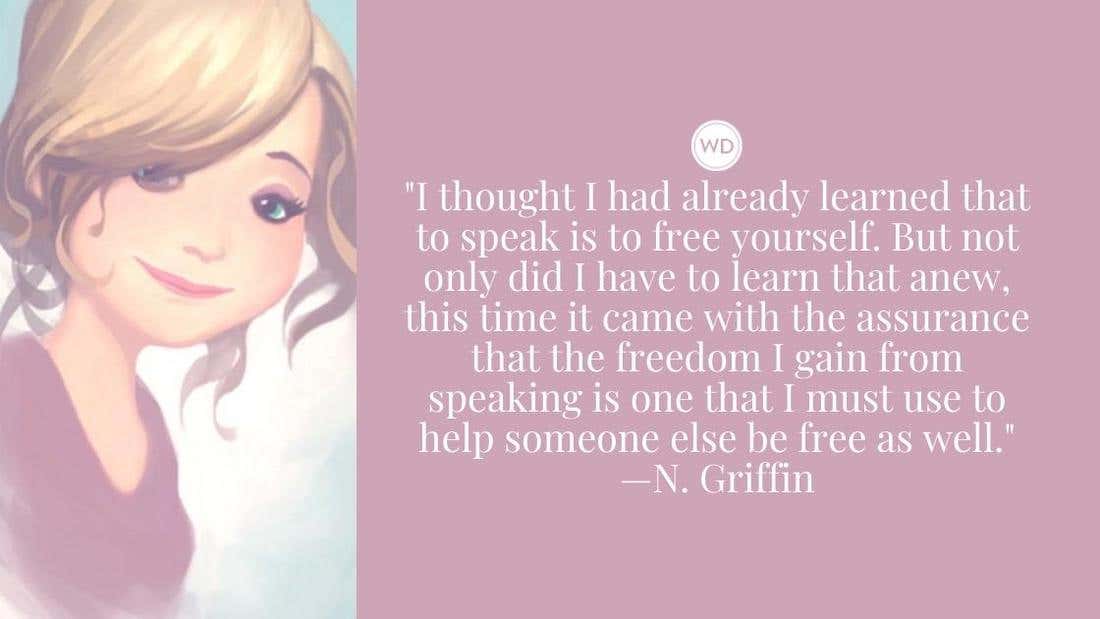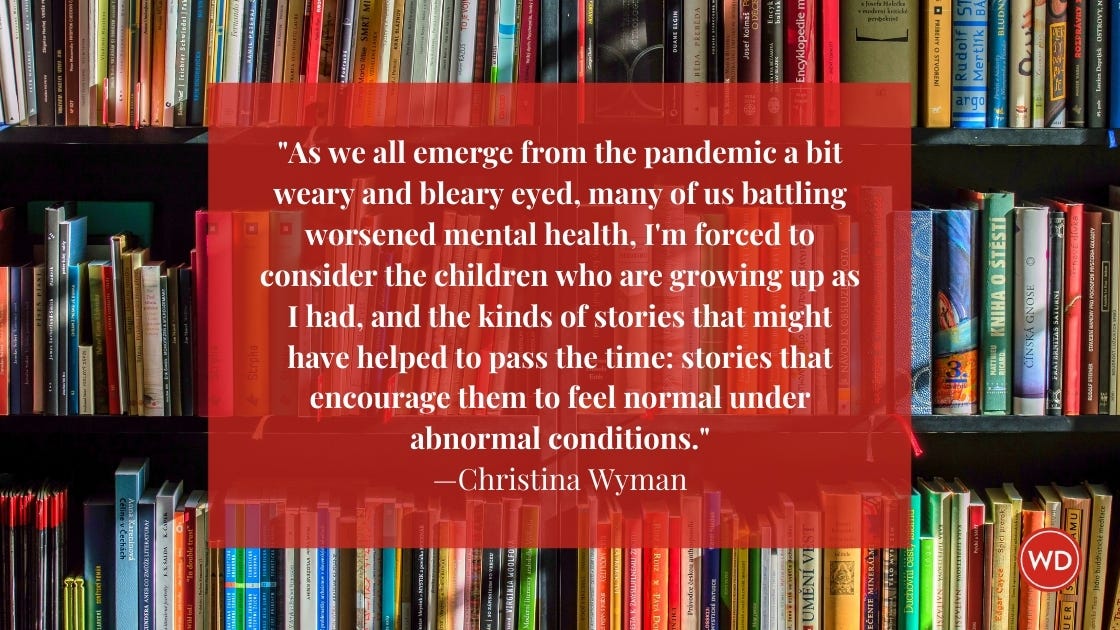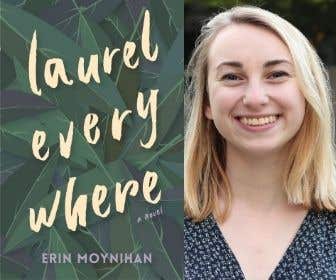YA Novelist-Poet Sonya Sones discusses her transition from poet to novelist, as well as her eavesdropping habits
reprinted from 2002 Children”s Writer”s & Illustrator”s Market
After receiving swarms of positive reviews and literary achievement awards for her first novel-in-verse, Stop Pretending: What Happened When My Big Sister Went Crazy, (among them a Christopher Medal, the Claudia Lewis Award for Poetry, the Myra Cohn Livingston Poetry Award, the Gradiva Award for Best Poetry Book and a nomination for a Los Angeles Times Book Prize) author Sonya Sones didn''t waste much time before delivering a second young adult book. What My Mother Doesn''t Know (Simon & Schuster Books for Young Readers), is another story told in poems. This one is about a 14-and-a-half-year-old girl named Sophie, who''s having a hard time trying to figure out the difference between love and lust. "Unlike the poems in Stop Pretending," Sones says, "These poems are not autobiographical. Especially not the embarrassing ones."
We caught up with Sones recently, and found her hard at work on yet another novel-in-verse for teens.
How was the writing process different for you during the creation of What My Mother Doesn''t Know?
When I was writing Stop Pretending, I didn''t realize that I was writing a novel. I thought I was writing a themed collection of poems. So I tried to keep it short. It didn''t turn into a novel until I began working with my editor. She asked me lots of great questions, and these questions inspired me to flesh out the story with 50 additional poems.
But when I was writing What My Mother Doesn''t Know, I knew right from the start that I was writing a novel. So I didn''t try to shorthand anything. And, of course, since this second book wasn''t autobiographical, I had a lot more freedom with the direction the story could take.
Did you find yourself more eager and ambitious, or nervous and apprehensive after all the attention you received for your first book?
All of the above. I was excited to be writing a new story, but a bit intimidated by all the praise I''d received for Stop Pretending. I was worried that I might turn out to be one of those "one-book-wonders"--that nothing I wrote would ever be as good as my first book. But I just pushed those nasty, paralyzing fears to one side and forced myself to forge ahead.
In your first book, the focus is on mental illness. The second embraces sexuality, and the tone is lighter. How did the themes shift for you?
Stop Pretending was inspired by the true story of what happened on the eve of my thirteenth birthday, when my older sister had a nervous breakdown and had to be hospitalized. There are some poems, towards the end of that book, about my first love, a boy named John. I had such a good time writing about those first feelings of overwhelming passion that I knew I wanted to delve into them more deeply. That''s when the poems for What My Mother Doesn''t Know began bubbling to the surface.
What outside influences matter while composing your books? Pop culture, television shows, teen publications, fashion trends perhaps?
I''m not quite as "with it" as I''d like to be, in terms of being up on current pop culture. This became apparent to me a few years ago, when I noticed that I was recognizing fewer and fewer of the groups on the cover of Rolling Stone magazine. And I don''t watch very much television. To compensate for my inherent lack of knowledge in this area, I tune in to teen radio stations, look through teen magazines, cruise teen web sites, and keep an eye out for what kids are wearing and how they''re speaking when I go on school visits.
I also eavesdrop shamelessly on my 14-year-old daughter and her friends when I''m chauffeuring them around town. And when I''m not sure about whether teens would get certain references, or say certain things, I run them by my daughter and her friends to find out.
This article appeared in a previous edition of Children''s Writer''s & Illustrator''s Market. Check out the current edition.









